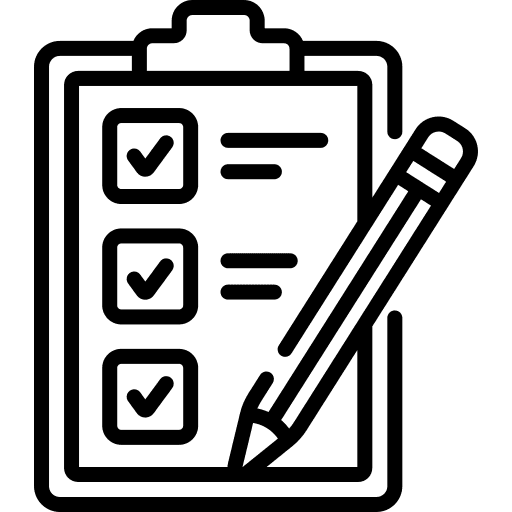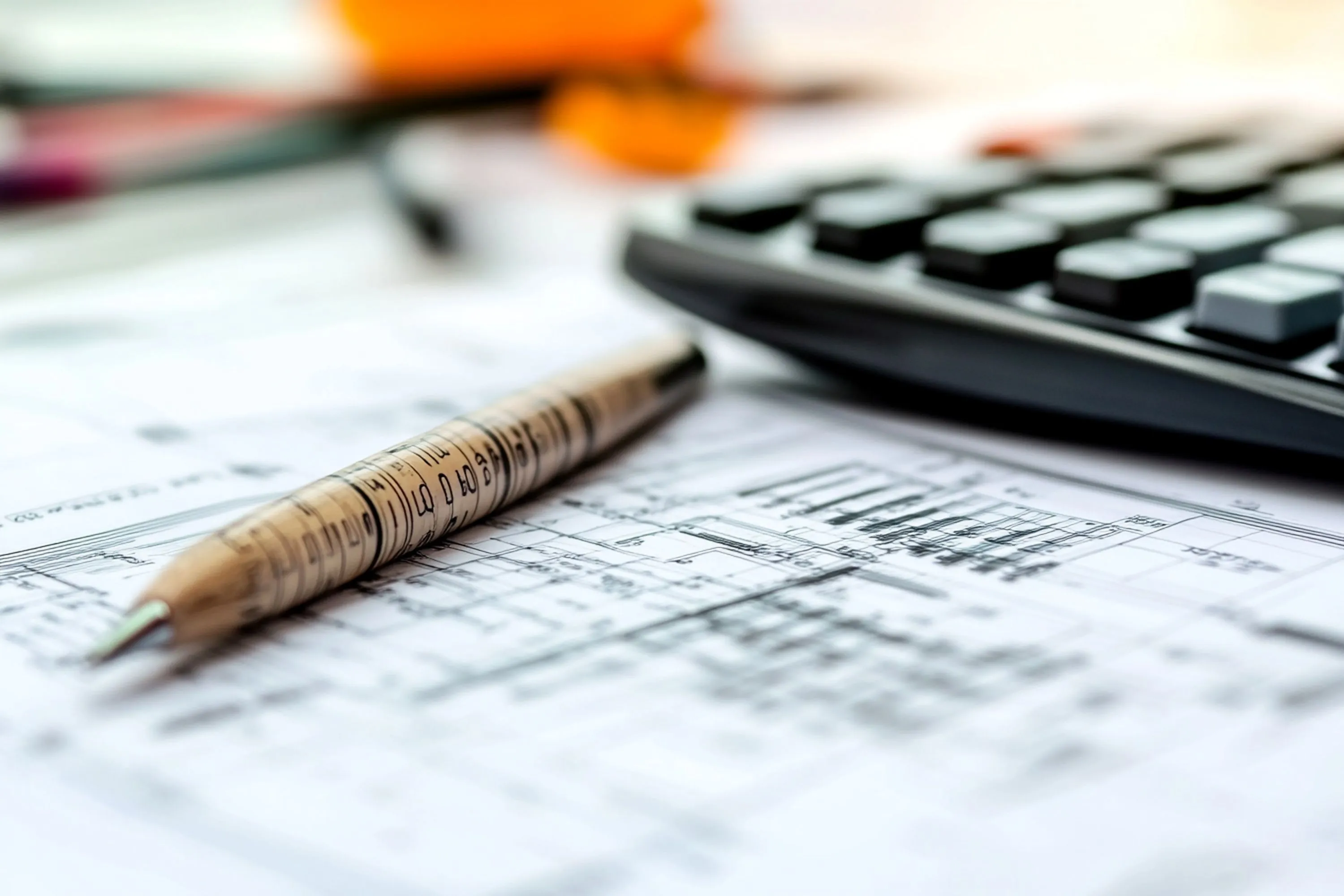How to Qualify for a Mortgage

Author
Phil LeuciHow to Qualify for a Home Loan: A Complete Guide to the Mortgage Approval Process
Table of Contents:
- Understanding Mortgage Eligibility Requirements
- Steps to Qualify for a Mortgage
- How to Get Approved for a Mortgage: Key Factors
- Documents Required to Qualify for a Mortgage
- How to Improve Your Mortgage Chances
- Mortgage Pre-Approval Process
- Common Mistakes to Avoid When Qualifying for a Mortgage
- Conclusion: Qualifying for Your Dream Home
Introduction
Securing a mortgage can feel like a daunting process, especially if you're a first-time homebuyer. Understanding how to qualify for a mortgage is key to making the process smoother and ensuring you're ready to take on this significant financial commitment. Lenders look at several factors, from your credit score to your income and debt, to determine whether you're eligible for a loan. In this guide, we’ll walk you through the essential steps and requirements so you can confidently navigate the mortgage application process and get one step closer to owning your dream home. Whether you're planning to buy your first property or refinance, knowing the right qualifications can save you time and stress. Let's dive in!
This blog post will provide a comprehensive guide on how to qualify for a mortgage, focusing on the steps to qualify for a mortgage, the mortgage qualification criteria, and common mistakes to avoid when qualifying for a mortgage. By the end of this guide, you’ll be well-prepared to navigate the mortgage process and make an informed decision on the best home loan options available.
Understanding Mortgage Eligibility Requirements
Before diving into the mortgage application process, it’s essential to understand the basic mortgage eligibility requirements. Each lender will have their own set of guidelines, but some criteria are universal across the industry. Here's a closer look at the factors lenders evaluate to determine your eligibility:
1. Credit Score for Mortgage Qualification
One of the first things lenders look at when determining your mortgage qualification is your credit score. Your credit score reflects your financial responsibility and gives lenders insight into how well you’ve managed debt in the past. A higher credit score generally means a lower risk for the lender, which increases your chances of approval.
- Good Credit Score: 700 and above
- Average Credit Score: 620-699
- Bad Credit: Below 620
If your credit score is on the lower end, don’t worry. There are still options available to you, especially if you're a first-time homebuyer. However, you may need to pay a higher interest rate.
2. Income Requirements for Mortgage Approval
Lenders also want to ensure that you can afford the mortgage payments. Typically, your gross monthly income will need to meet the lender’s minimum income requirements. The exact amount depends on the size of the loan, your monthly obligations, and other home loan eligibility factors.
Lenders may ask for documentation like pay stubs, tax returns, or bank statements to verify your income. If you’re self-employed, you may be asked to provide additional proof, such as profit and loss statements.
3. Debt-to-Income Ratio and Mortgage Eligibility
Your debt-to-income (DTI) ratio is a key factor in determining your mortgage eligibility. This ratio measures the amount of debt you owe compared to your income. The lower your DTI, the better your chances of being approved for a loan.
- Front-end ratio (housing expenses divided by income): Usually should not exceed 28%-31%.
- Back-end ratio (total debt divided by income): Typically should not exceed 36%-43%.
A higher DTI ratio may make it difficult for you to qualify for a mortgage, but it’s not a deal-breaker. Lenders may be willing to overlook a higher DTI if you have a strong credit score, a substantial down payment, or a history of stable income.
Steps to Qualify for a Mortgage
Now that you understand the basic mortgage qualification criteria, let’s walk through the steps to qualify for a mortgage:
1. Check Your Credit Score
The first step in qualifying for a home loan is reviewing your credit score. If your credit score is low, it’s wise to take steps to improve it before applying for a mortgage. Paying off debts, making timely payments, and reducing credit card balances can help boost your score.
2. Determine How Much Income You Need
You need to assess your financial situation and determine how much income is needed for mortgage qualification. Be realistic about your budget and the mortgage amount you can afford based on your income and DTI ratio. Lenders will also check that you have a stable income source, whether from a full-time job, self-employment, or investments.
3. Gather Your Documents
One of the documents required to qualify for a mortgage are things like proof of income, tax returns, bank statements, and identification. Make sure to keep these documents ready to avoid delays during the approval process.
4. Save for a Down Payment
While some lenders offer low or no down payment options, a standard down payment requirement for mortgage qualification is typically 20% of the home’s purchase price. The larger your down payment, the better your chances of approval.
5. Get Pre-Approved
Consider getting pre-approved for a mortgage before you start house hunting. Pre-approval helps you understand how much you can borrow and shows sellers that you're a serious buyer.
How to Get Approved for a Mortgage: Key Factors
To get approved for a mortgage, you need to meet several key factors. Apart from the credit score for mortgage qualification, income requirements, and DTI ratio mentioned earlier, lenders will evaluate:
- Assets and Savings: Having additional assets like savings or investments can help demonstrate that you are financially stable and capable of handling the mortgage payments.
- Employment History: Lenders want to see a consistent work history to ensure you have a steady income stream.
- Property Appraisal: Lenders will order an appraisal to ensure the property is worth the loan amount you’re seeking.
By addressing these factors and understanding what banks look for in mortgage approval, you can significantly increase your chances of being approved for a loan.
Documents Required to Qualify for a Mortgage
When you apply for a mortgage, you’ll need to provide several essential documents, including:
- Proof of identity (passport, driver’s license)
- Proof of income (pay stubs, tax returns, bank statements)
- Credit report
- Details of outstanding debts (credit cards, loans, etc.)
- Property information (if you’ve already found a home)
Having these documents prepared in advance can help speed up the approval process and avoid unnecessary delays.
How to Improve Your Mortgage Chances
If you're worried about your mortgage chances, there are several steps you can take to improve your approval odds:
- Raise Your Credit Score: If possible, aim for a credit score of 700 or higher.
- Pay Off Debt: Reducing your outstanding debts can improve your DTI ratio.
- Save for a Larger Down Payment: The more money you can put down, the less risk the lender takes on.
- Get Pre-Approved: Getting pre-approved shows sellers you’re serious and prepared to make an offer quickly.
- Consider a Co-Signer: If your credit or income isn’t sufficient, having a co-signer can help strengthen your application.
Mortgage Pre-Approval Process
Getting pre-approved for a mortgage is one of the first steps in the home-buying process. A pre-approval letter provides an estimate of the loan amount you’re eligible for and can give you a better understanding of what homes you can afford. The pre-approval process typically involves the lender checking your credit, verifying your income, and assessing your debts. Keep in mind that pre-approval doesn’t guarantee final approval but it’s a good indicator of your eligibility.
Conclusion: Qualifying for Your Dream Home
Qualifying for a mortgage can seem like a daunting process, but understanding the key eligibility requirements and following the necessary steps can make it much more manageable. By focusing on factors like your credit score, income requirements, debt-to-income ratio, and preparing the necessary documents, you can improve your chances of securing a home loan. Additionally, taking the time to get pre-approved and avoiding common mistakes will give you a competitive edge when applying for a mortgage. With the right preparation and knowledge, you can navigate the mortgage qualification process with confidence and take the first step toward owning your dream home.
Remember, every buyer’s situation is unique, so it’s important to work closely with trusted mortgage lenders and financial experts who can guide you through the process. Whether you're a first-time homebuyer or looking to refinance, understanding how to qualify for a home loan is the foundation for making informed decisions and achieving your homeownership goals.
Tip: Explore Our Real Estate Section for Current Opportunities
Visit our new Real Estate section for a curated selection of current construction projects and apartments in Germany. This section highlights:
- Properties ready for immediate move-in, offering convenience and comfort right away.
- Projects still in the planning stage, where you can secure a property at an early stage and have the opportunity to customize.
- Properties under construction, giving you a chance to get involved in exciting developments before they’re completed.
We offer you a structured path to real estate investment, from identifying the investment purpose to receiving the deed to your new home. Whether you're looking for a personal residence or an investment property, our comprehensive services cover every aspect of the real estate acquisition process. Take advantage of this opportunity to find your perfect property or investment in Germany.



